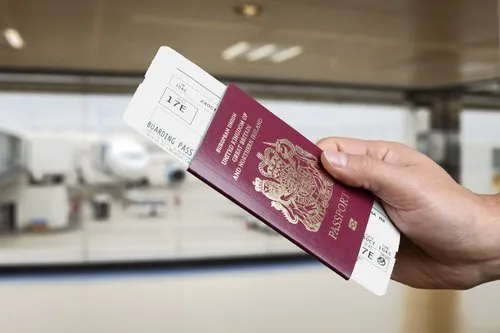allureaestheticsazflagstaff.com – International travel has become increasingly accessible, with millions of people crossing borders every year for various reasons, including tourism, business, education, and migration. One of the most critical documents for international travelers is the passport. This article explores the role of passports in international travel, highlighting their importance, functions, and the challenges associated with their use.
What is a Passport?
A passport is an official document that certifies the identity and nationality of its holder. Issued by the government of the country of which the holder is a citizen, a passport primarily serves as a means of identification and a tool for controlling the movement of people across international borders.
The Importance of Passports
Passports play a crucial role in international travel for several reasons:
- Identity Verification: Passports are a primary means of verifying the identity of travelers. They contain personal information such as the holder’s name, date of birth, photograph, and signature, which are used to confirm their identity.
- Nationality Proof: Passports serve as proof of nationality, which is essential for determining a traveler’s rights and privileges in foreign countries.
- Travel Documentation: They record the traveler’s movements across international borders, including entry and exit dates, which can be important for immigration and security purposes.
- Consular Assistance: In case of an emergency while abroad, a passport is essential for accessing consular services provided by the traveler’s home country.
Functions of Passports
- Border Control: Passports are used by immigration authorities to control the entry and exit of individuals into and out of a country. They help in enforcing immigration laws and preventing illegal entry.
- Security: They contribute to national security by helping to identify individuals who may pose a threat to the country.
- Facilitation of Travel: For many countries, having a passport is a prerequisite for obtaining a visa, which is another essential document for international travel.
Challenges Associated with Passports
Despite their importance, passports are not without challenges:
- Fraud and Forgery: The increasing sophistication of forgery techniques poses a significant challenge to the integrity of passports.
- Loss and Theft: Passports are valuable documents that can be lost or stolen, leading to identity theft and other security issues.
- Administrative Burdens: The process of applying for and renewing passports can be time-consuming and bureaucratic.
Conclusion
Passports are indispensable documents for international travelers, serving as the primary means of identification and proof of nationality. They play a crucial role in facilitating travel, ensuring security, and enforcing immigration laws. However, the challenges associated with passports, such as fraud and administrative burdens, highlight the need for continuous improvement in their issuance and management. As international travel continues to grow, the role of passports in ensuring safe and efficient border crossings will only become more critical.
